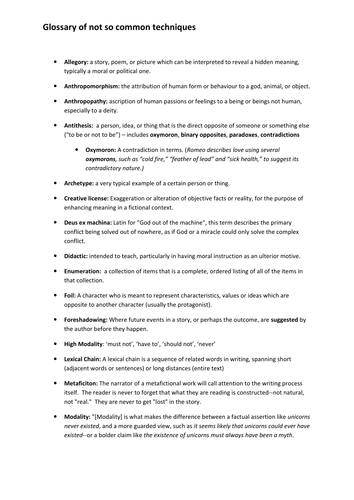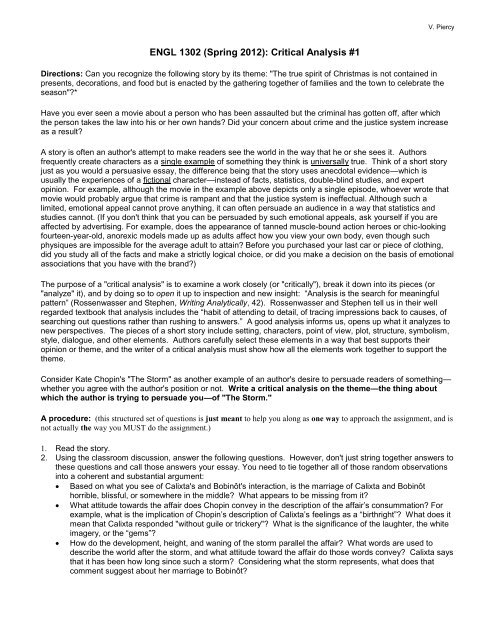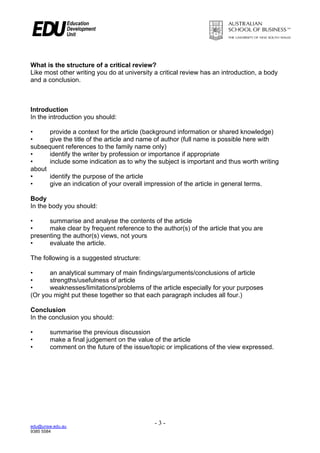Radioactive isotopes, also known as radionuclides, are atoms that have an unstable nucleus and emit radiation in the form of alpha particles, beta particles, or gamma rays. These isotopes can be produced artificially in a laboratory or can occur naturally in the environment. In the medical field, radioactive isotopes are used in a variety of applications, including diagnosis and treatment of diseases.
One common use of radioactive isotopes in medical diagnosis is nuclear medicine imaging. This involves injecting a small amount of a radionuclide into the patient's body and using special cameras to track the movement of the isotope. Different isotopes are used to visualize different organs or systems in the body. For example, technetium-99m is commonly used to image the brain, thyroid gland, and bones, while thallium-201 is used to image the heart. Nuclear medicine imaging can provide valuable information about the function and structure of the organs being imaged, and can help detect problems such as cancer, heart disease, and bone abnormalities.
Another use of radioactive isotopes in medical diagnosis is radioimmunoassay (RIA). This involves attaching a radionuclide to a specific antibody and using it to detect the presence of a particular substance in the body. RIA is commonly used to measure levels of hormones, enzymes, and other biomarkers in the blood or other body fluids. This can help diagnose conditions such as thyroid disease, diabetes, and certain types of cancer.
In addition to diagnostic applications, radioactive isotopes are also used in the treatment of certain medical conditions. Radioactive isotopes can be targeted to specific cells or tissues in the body, allowing them to deliver a high dose of radiation to the affected area while minimizing exposure to healthy tissues. This can be particularly useful in treating cancer, as the high-energy radiation can kill cancer cells while leaving healthy cells unharmed. Radioactive isotopes can also be used to destroy abnormal cells in the thyroid gland, to reduce inflammation in certain types of arthritis, and to shrink tumors in the prostate gland.
Overall, radioactive isotopes play a vital role in the medical field, providing valuable information about the structure and function of the body and helping to diagnose and treat a wide range of medical conditions. While there are some risks associated with the use of radioactive isotopes, the benefits of their use in medical care far outweigh these risks.








